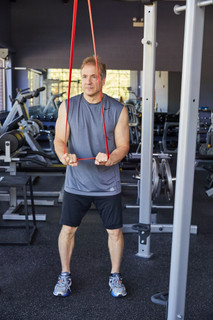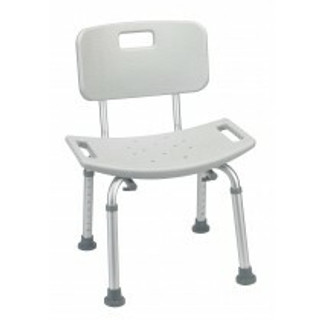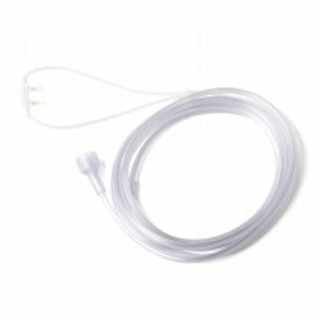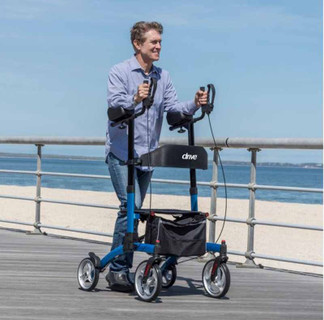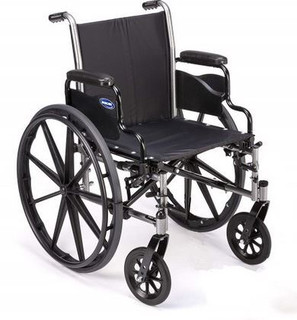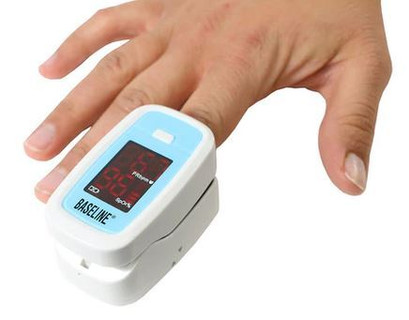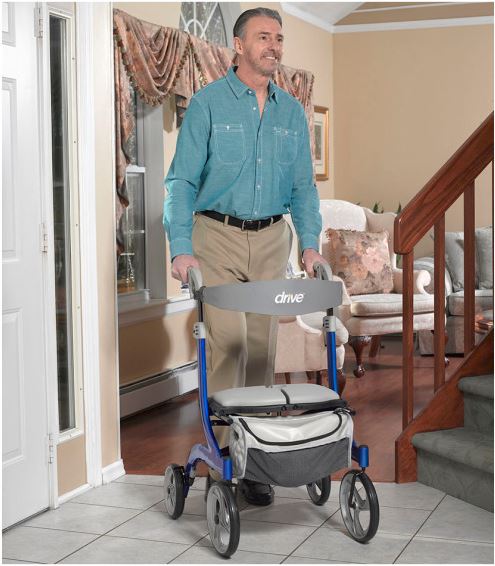Eight Key Factors To Consider When Deciding on Puchasing a Rollator or Walker
Purchasing a rollator or walker is an important decision, often based on personal mobility needs, health conditions, and lifestyle. Below are detailed factors to consider when deciding whether to purchase a rollator or walker:
1. Physical Condition & Mobility Needs
- Balance Issues: If you or a loved one experiences balance issues, frequent falls, or difficulty maintaining stability while walking, a walker or rollator may be essential.
- Walker: Best for people who need maximum stability and balance support. Walkers provide a solid frame with four points of contact on the ground, making them ideal for individuals who tire easily or have significant difficulty with balance.
- Rollator: If you can walk but need some support and want more mobility, a rollator (with wheels) may be a better fit. It’s easier to push but requires more balance and coordination than a traditional walker.
- Fatigue & Endurance: People with conditions that cause fatigue, such as chronic obstructive pulmonary disease (COPD), arthritis, or heart issues, may benefit from a rollator since it typically has a seat for resting during walks.
- Rollator: For those who can walk but tire easily, the built-in seat can be a major advantage. They can rest anytime without needing a chair nearby.
- Walker: Best for those who have more limited endurance but still want the extra security of a stable frame.
2. Medical Conditions
Certain medical conditions may directly influence whether a rollator or walker is needed:
- Arthritis: If joint pain makes it hard to walk, a rollator or walker can take the weight off your joints.
- Walker: Provides the most support for weight-bearing.
- Rollator: Easier on the joints since you can roll instead of lift and move the walker.
- Neurological Conditions: Conditions such as Parkinson’s, multiple sclerosis, or after a stroke may limit coordination, balance, or muscle strength.
- Walker: Often recommended in the early stages of rehabilitation.
- Rollator: Used if you have regained some mobility but still need support.
3. Environment & Daily Routine
- Home Environment: Consider your living space and where you'll use the walker or rollator.
- Narrow Spaces: Walkers without wheels might be easier to use in small or crowded spaces since they are less bulky.
- Outdoor Use: If you frequently walk outdoors, rollators with larger wheels are more suitable for uneven surfaces, while walkers may not be as easy to use outside.
- Activities: If you're active and frequently on the go, a rollator with a seat, basket, and hand brakes may be more appropriate for moving freely and sitting when needed.
4. Weight & Portability
- Rollator: Generally heavier but more versatile. Some can fold for transportation, but they can still be cumbersome for those with limited strength.
- Walker: Lightweight and can fold more easily, making them ideal for frequent transport, especially in cars or public transport.
5. Strength & Coordination
- Walker: If you have limited upper body strength, the walker may be a better option because it doesn’t require you to grip and use hand brakes as rollators do.
- Rollator: If you have the hand strength to operate brakes and good coordination to maneuver it, a rollator provides greater mobility and flexibility.
6. Types of Rollators & Walkers
- 2-Wheel Walker: Provides more stability than a 4-wheel rollator but is easier to move than a standard walker. Good for intermediate stability needs.
- 3-Wheel Rollator: Lighter and more maneuverable than the 4-wheel version but less stable. Ideal for light outdoor use or in tight spaces.
- 4-Wheel Rollator: Best for outdoor use, with a seat and basket for convenience. Offers less stability than a walker but more than a 3-wheel rollator.
7. Recommendations from Health Professionals
Always consult a healthcare professional, such as a physical therapist or physician, before making a purchase. They can assess your specific mobility challenges and recommend the appropriate device.
8. Cost and Insurance
- Insurance Coverage: Some walkers and rollators may be covered by insurance or Medicare if prescribed by a doctor.
- Budget: Rollators tend to be more expensive due to their added features, but it’s important to choose a device that meets your needs over cost concerns.
Summary:
- Purchase a walker if you need maximum support for balance, limited mobility, or are recovering from surgery.
- Purchase a rollator if you need moderate support, have good upper body strength, and benefit from the ability to rest while walking.
If you need a walker or rollator SafeWell Medical has what you need with fast a free shipping! Check out all of our mobility products by clicking on our logo or link below:





